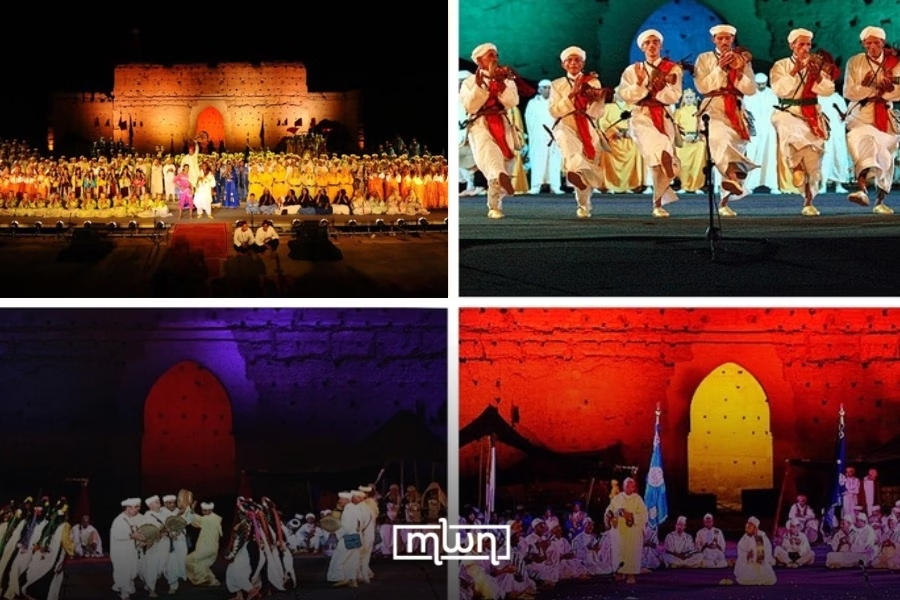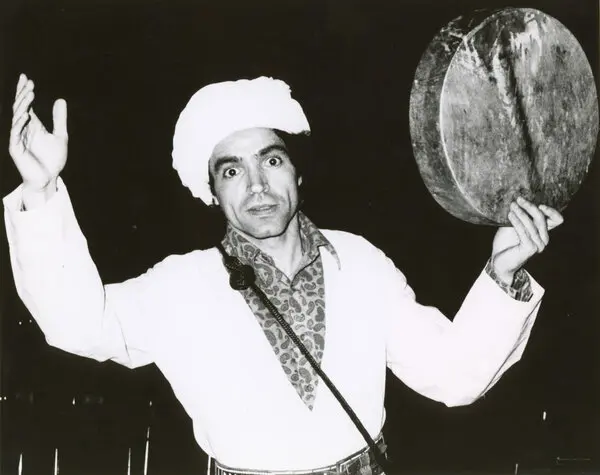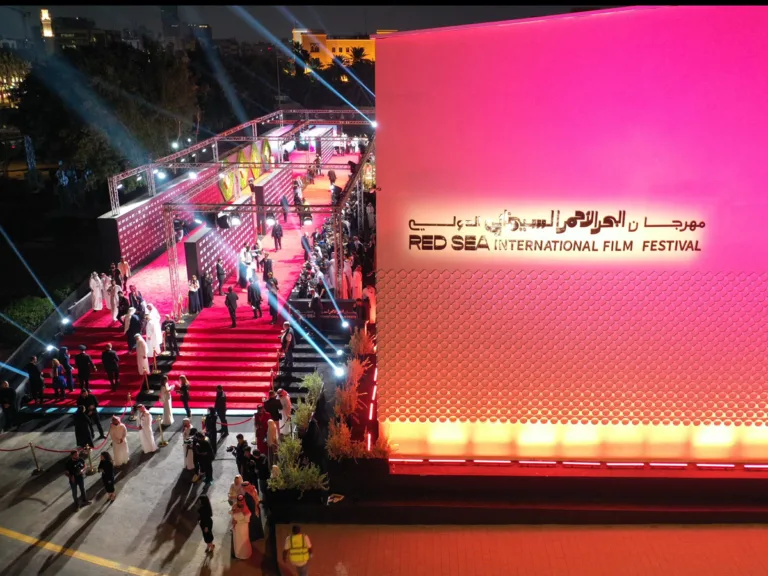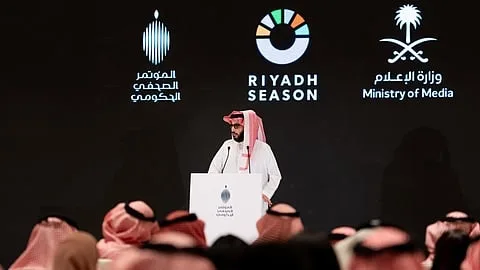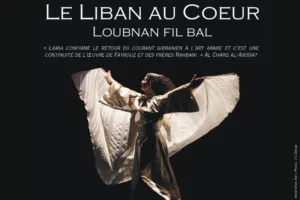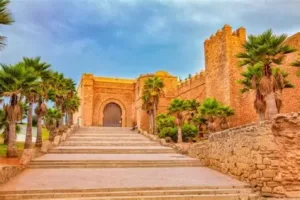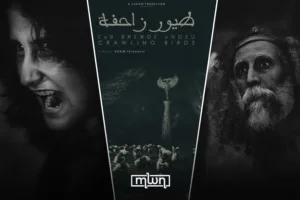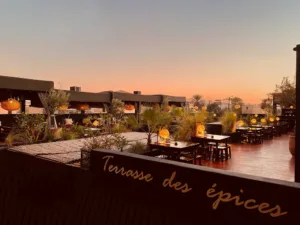Cultural diplomacy took the spotlight as China opened the 54th National Festival of Popular Arts in Marrakech.
Fez – The 54th edition of the National Festival of Popular Arts (FNAP) opened in spectacular fashion on Friday night at the iconic El Badii Palace in Marrakech.
This year’s opening act came with a surprise twist: a display of Chinese folklore that transported the audience straight into the heart of Ningbo.
The Chinese troupe, invited as the official guest of honor, delivered a performance that blended movement, music, and tradition into a rich experience of cultural expression.
Dressed in ornate costumes and guided by centuries-old rhythms, the artists brought the soul of Chinese heritage to life under the Moroccan sky.
It was a memorable and symbolic moment, capturing the spirit of cross-cultural dialogue that this festival champions year after year.
Yan Xiaoping, head of the troupe, described the experience as a moment of pride and connection. “We are honoured to share our culture with such a warm and art-loving Moroccan audience,” he said in a statement.
He also stressed that China’s presence at the festival reflects the deep and evolving friendship between the two countries, not just diplomatically, but on a cultural and human level.
“Culture is one of the most powerful tools to build bridges between people,” he added.
The evening also gave space to Morocco’s own rich musical traditions, with more than a dozen local troupes showcasing a medley of styles such as the drums of Ahwach and the chants of Abidat Rma, also the trance-like rhythms of Gnaoua, the energy of Regadda, and the desert-rooted dances of Guedra.
Read also: Morocco Kicks Off 40th Edition of the National Horse Week in Rabat
Female ensembles from Souss and Haouz added a powerful layer to the evening, weaving femininity into Morocco’s musical mosaic.
For Mohamed Knidiri, director of the festival and president of the Grand Atlas Association, the event is much more than an artistic gathering.
“The FNAP is a national celebration of Morocco’s cultural identity in all its depth and diversity,” he said. He underlined the role of the festival in preserving and transmitting Morocco’s intangible heritage to the next generations.
This edition confirms Morocco’s status as a leading platform for international cultural dialogue, he argued.
With more than 700 artists across 60 Moroccan and international troupes, including participants from China, Senegal, and Côte d’Ivoire, this year’s FNAP is a bold declaration of Marrakech’s enduring cultural influence.
The festival transforms the Red City into a stage for folklore from every corner of the kingdom. El Badii Palace remains the main venue, but performances will also take place in other emblematic locations, including Place Moulay El Hassan at Bab Ighli and Place Guerguerat in the Massira district.
One of the standout events this year is set for July 7: “La Nuit des Étoiles” (Night of the Stars), a musical fusion of Gnaoua and pan-African rhythms.
The evening will also honour Moroccan singer Saïda Charaf, in tribute to her contributions to traditional music and her enduring role as a voice for Moroccan women

